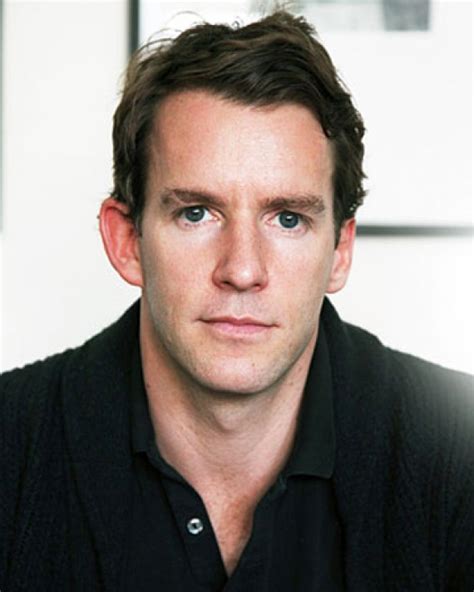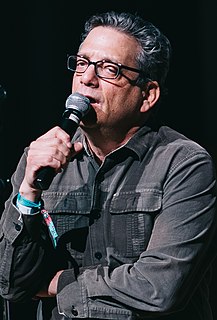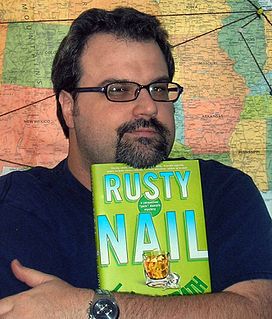A Quote by Bill Clegg
My experience is that books take on a life of their own and create their own energy. I've represented books that have been sold for very little money and gone on to great glory, and I've seen books sold for an enormous amount of money published to very little response.
Related Quotes
The rest, with very little exaggeration, was books. Meant-to-be-picked-up books. Permanently-left-behind books. Uncertain-what-to-do-with books. But books, books. Tall cases lined three walls of the room, filled to and beyond capacity. The overflow had been piled in stacks on the floor. There was little space left for walking, and none whatever for pacing.
The current publishing scene is extremely good for the big, popular books. They sell them brilliantly, market them and all that. It is not good for the little books. And really valuable books have been allowed to go out of print. In the old days, the publishers knew that these difficult books, the books that appeal only to a minority, were very productive in the long run. Because they're probably the books that will be read in the next generation.
And now my old dog is dead, and another I had after him, and my parents are dead, and that first world, that old house, is sold and lost, and the books I gathered there lost, or sold- but more books bought, and in another place, board by board and stone by stone, like a house, a true life built, and all because I was steadfast about one or two things: loving foxes, and poems, the blank piece of paper, and my own energy- and mostly the shimmering shoulders of the world that shrug carelessly over the fate of any individual that they may, the better, keep the Niles and Amazons flowing.
The business model - where books can be returned, and where a 50% sell-through is considered acceptable - is archaic and wasteful. Writers get small royalties, little say in how their books are marketed and sold, and simple things like cover and title approval are unheard of unless you're a huge bestseller.
I love the Hunger Games books. Certainly, the fans are there. They're grown enormously since the beginning. When I first brought the books to Lionsgate, they had sold about 150,000 copies, which is a very good result for a YA book. And to their credit, Lionsgate was very excited and committed to the movie, from the beginning.

































